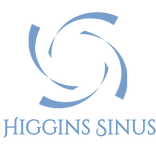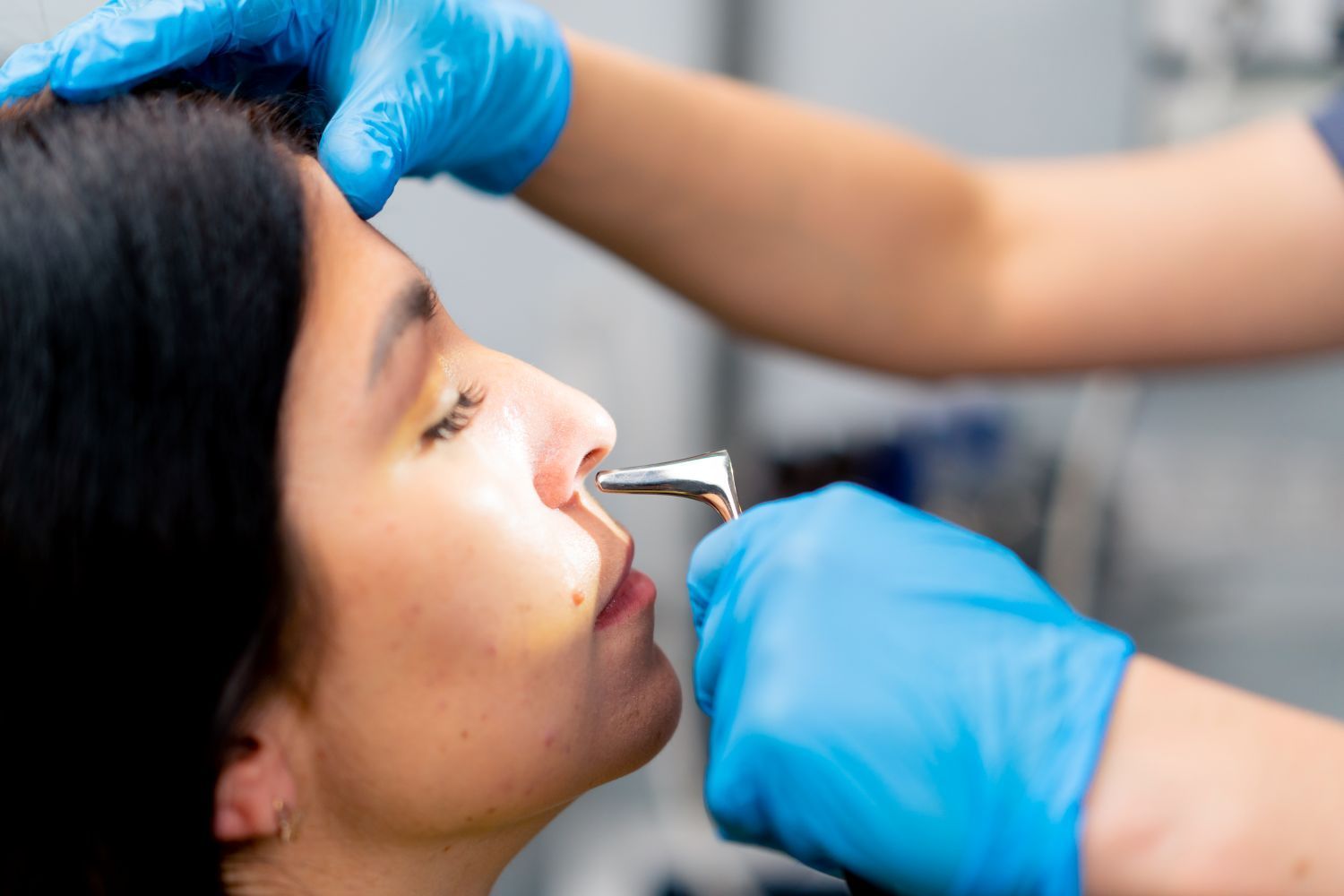How to Relieve Sinus Pressure
What is Sinus Pressure and How Do You Get Relief?

Sinus pressure is a common ailment that can significantly affect your quality of life. However, did you know that most "sinus pressure" is not directly related to the sinuses? Often, this discomfort is wrongly attributed to sinusitis when it might be due to other causes. In this blog post, we will explore various ways to diagnose and treat sinus pressure and when professional help may be necessary.
Understanding Sinus Pressure
Sinus pressure is a uncomfortable sensation of the face or nose that may be described in various ways, including “like a balloon” or “under pressure.” This symptom tends to overlap with symptoms such as nasal congestion and facial pain. While it is commonly believed that sinus pressure arises from the sinuses, it is often due to other conditions. Thus, it's important to correctly identify the cause of your discomfort for effective treatment.
Treating Sinus Pressure Caused by Allergy Exposure
Allergy exposure can often result in sinus pressure. Allergens trigger your body's immune response, leading to inflammation and swelling in your nasal passages, which can cause a feeling of pressure. To alleviate allergy symptoms, try using an over the counter (OTC) antihistamine. For more chronic allergies, you might benefit from prescription-strength medication or allergy shots. Using a humidifier at home can also help as moist air helps soothe inflamed nasal passages and thin out mucus.
Alleviating Sinus Pressure from Facial Tension
Facial tension, particularly as seen in temporomandibular dysfunction (TMD), can also contribute to sinus pressure. TMD affects the muscles, tendons, and joints connecting your jaw to the side of your head and can cause a sensation of pressure around your face from muscle tension or joint irritation. If you suspect TMD might be causing your sinus pressure, physical therapy, stretching exercises, a bite guard, or relaxation techniques like deep-breathing exercises and yoga. Over-the-counter pain relievers may also help manage the discomfort.
Managing Sinus Pressure from Acute Sinusitis
Acute sinusitis can cause significant sinus pressure due to sudden inflammation and swelling in your sinuses. If you have sinusitis, you may get symptom relief with a nasal decongestant spray or taking OTC pain relievers. Warm compresses applied to your face can also provide relief. In some cases, antibiotics may be necessary if a bacterial infection is present.
Seeking Professional Help for Sinus Pressure
If you frequently suffer from sinus pressure and need an expert diagnosis and management of chronic sinusitis, consider seeing a rhinologist specialist such as Dr. Thomas Higgins, MD, MSPH, MBA. Based in Louisville, KY, and Jeffersonville, IN, Dr. Higgins provides comprehensive evaluations and personalized treatment plans for individuals suffering from chronic sinus pressure.
Remember, while home remedies and OTC medications can provide temporary relief for sinus pressure, it's important to seek professional help if your symptoms persist or worsen over time. By seeing a specialist like Dr. Higgins, you can ensure that you receive the correct diagnosis and appropriate treatment for your condition.















